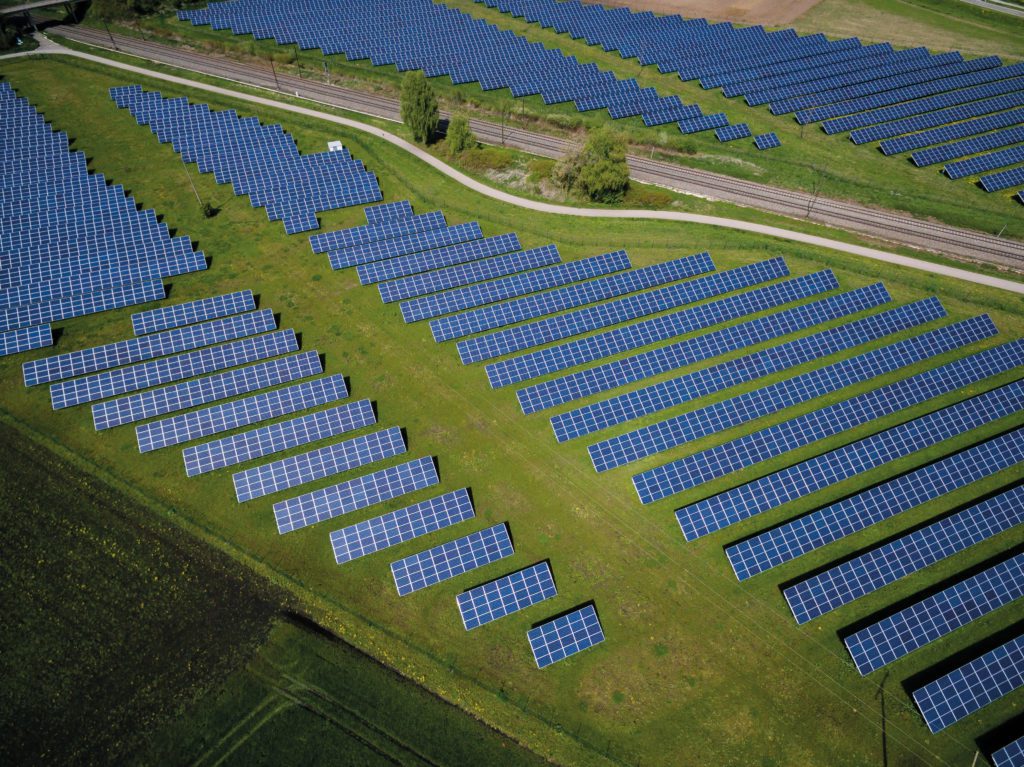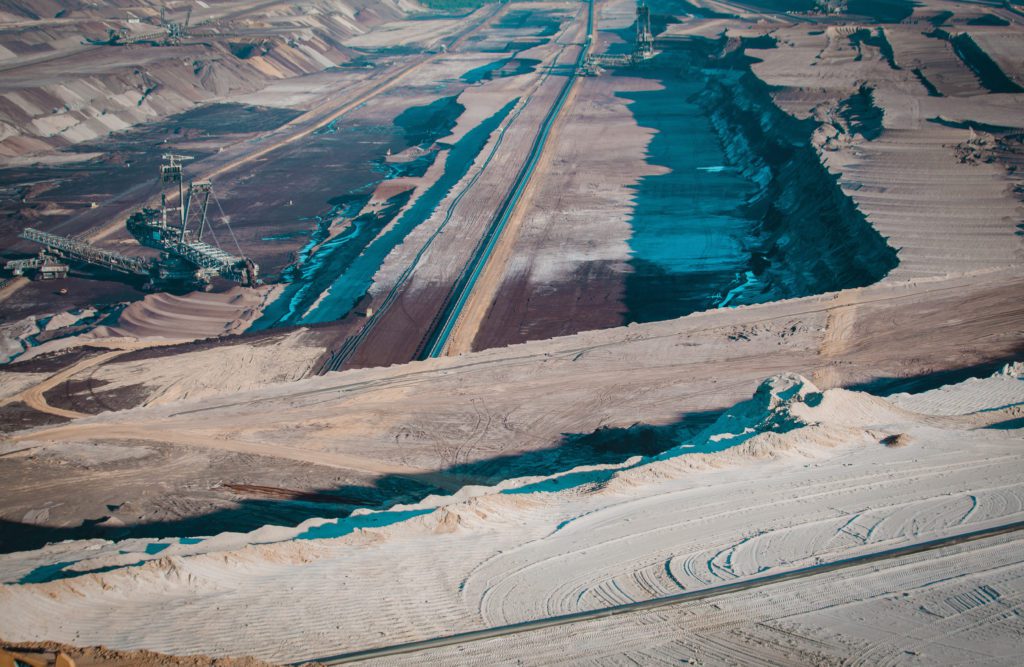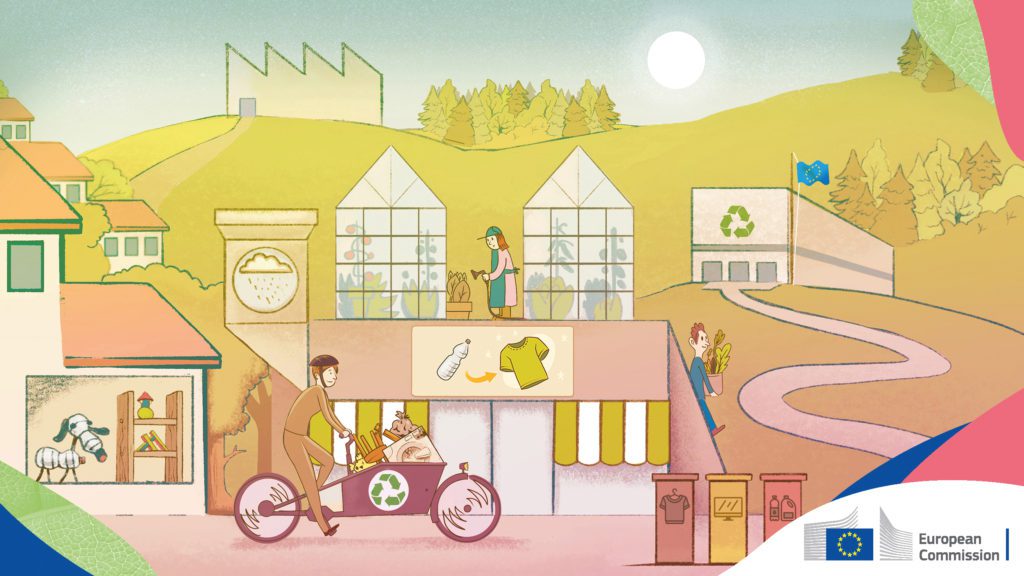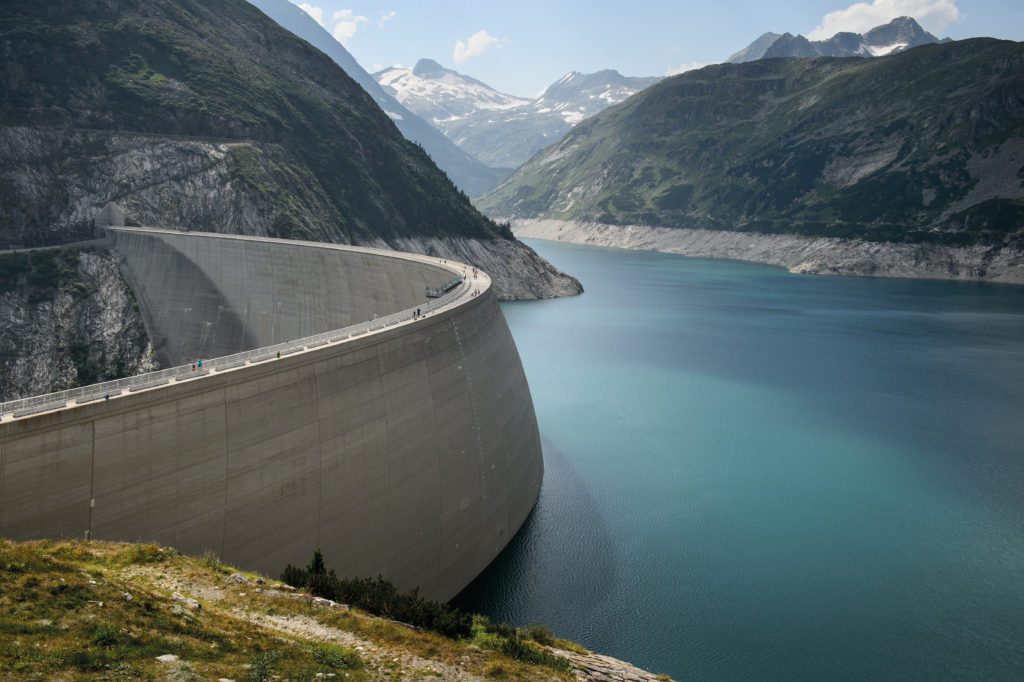The EU Green Deal: A Balancing Act
An ambitious and utopian vision that bears potential negative consequences that need to be transparently recognized and mitigated.
Inspired by the New Deal of the mid- 1930s when U.S. President Franklin D. Roosevelt launched numerous programs to activate the economy after the disastrous Great Depression (1929-1933), the Green Deal espoused by the European Union and propounded by Vice-President Franz Timmermans is an attempt to position Europe at the forefront of sustainability while simultaneously advancing solutions to achieving net zero carbon for Europe. Europe’s response to this double global challenge is formidable and while it is not without its controversies as we put forward here, the Green Deal is intended to serve as an inspirational roadmap for all to learn about how to become more conscientious of our impact on Earth.
The Green Deal Roadmap represents an ambitious policy development for Europe, and for the world, in particular its trade partners. This is without a doubt. But it carries implications for these trade partners which may bring up concerns and unexpected consequences. The primary aims of the Green Deal is to promote ongoing economic and social development for European citizens and residents while protecting human health, boosting the so-called ‘green’ economy, and reducing negative environmental impacts across the spectrum of initiatives and programs that are being funded and rolled-out across Europe and beyond.

Legislation to protect human health and the natural environment represents an EU success story to date including examples as the Water Framework Directive, Habitats Directive, Drinking Water Directive, Floods Directive, Industrial Emissions Directive, and many more. First published in December 2019, the EU Green Deal came just before the start of the COVID-19 pandemic. Today it has taken it’s place as a central part of the COVID-19 recovery package.
Beware of oversimplified language
While doing things better is certainly the way to go, actions to achieve these commitments without sufficient recognition of negative impacts and their mitigation could lead to unintentional and undesirable consequences. As a comparison, we have seen with the ongoing COVID-19 crisis that a single focus ‘zero-COVID’ policy has often left the negative impacts of lockdowns inadequately recognized or addressed. Some have argued there is a point where the negative impacts of lockdown restrictions eventually outweigh the intended benefits. This could be the outcome of some climate policies if comprehensive and balanced impact assessments are not undertaken whereby negative impacts are adequately averted or mitigated.
The detail and complexity of environmental and social issues means a simplification of messaging is necessary to capture and engage an audience and, most importantly, to gain committed support from policy-makers and the public. The concept of ‘carbon footprint’ is a classic example. However, an over-simplification of message can lead to an imbalanced appreciation of eventual outcomes of wide-ranging policy actions.

Over-simplification can start with language. Below are some examples of basic terminology of the Green Deal that could potentially mislead on realistic expectations of outcomes.
Clean energy is a term the roadmap and associated communications regularly interchange with ‘renewable energy’. But no energy source is truly clean or pollution free. Many aspects of renewable energy, including solar voltaic technology and batteries, rely on mining for rare metals often in regions with poorer environmental standards and working conditions than in the EU. Examples include cobalt from the Congo and lithium from Chile. The massive increase in battery capacity required for the main electricity grid and for transport will result in much more mining under such sub-standard conditions. Batteries also bring fire risk and the challenges of handling, disposal and recycling of associated toxic chemicals.
Delivering the EU Green Deal:
- 55% emission reduction from cars by 2030
- 35 million renovated buildings
- 40% new renewable energy target for 2030
While many environmental groups including WWF are opposed to largescale hydro power because of its interference with the natural river habitats, reduced reliance on fossil fuels will inevitably create an increased incentive for more hydro power, especially in developing regions (both in eastern Europe and the rest of the world) where rapid economic growth outstrips the current capacity of wind and solar energy. An example is The Grand Renaissance Dam on the Blue Nile that provides essential energy for Ethiopia’s rapidly growing economy. And the toll on birds and bats (disproportionately on large and rarer birds) from wind turbines will only increase with wind energy expansion at a time when biodiversity loss is also high on the agenda.
These observations are not presented as opposition to renewables. Instead, they are to argue that in the drive to do better, scientists and policy-makers should not downplay or even ignore the negative impacts of new approaches. They must be recognized and taken into account in decisions and actions. Only then can we make an informed judgement on how far and fast to go and to prepare to mitigate the negative consequences. The term ‘clean energy’ risks undermining this need.

The major challenge is how to develop sustainably while not destroying the environment in the process.
‘Climate neutral’ is intended to mean ‘net neutral GHG emissions’ (commonly termed ‘carbon neutral’). However, it risks giving the impression that once ‘carbon neutral’ is achieved the climate will return to a benign and ‘neutral’ condition. Of course, that is quite wrong. We will always need to be prepared for extreme weather, regardless of GHG emissions and atmospheric CO2 concentrations.

The term zero pollution risks setting a target that is fundamentally unachievable unless given a clear and unambiguous definition. In the modern world we create and use many products and chemicals for the benefit of humanity including such examples as chlorination for safe drinking water, medicines for health care, fertilizers and pesticides to boost food production, fire retardants, fuels for energy and lighting, and many more.
EU Green Deal Commitments:
- Achieve net neutral greenhouse gas emissions by 2050
- Impose a carbon price on imports from non-EU countries with weaker climate commitments
- Commit 25% of the EU’s budget on climate action
We also use many materials for packaging and the many objects and tools that surround our daily lives. For much of the general public, ‘zero pollution’ means no manmade chemicals or litter. While we can achieve much on litter through recycling and proper disposal, zero residues of manmade chemicals is unachievable unless we stop using them, and thus missing out on their many benefits. A zero pollution definition needs to recognize that residues will remain, but that concentrations must be low enough to be non-toxic to humans and nature. Otherwise, the EU may always be seen to have failed its own target.
The Green Deal and impact assessment
The many intended advantages of the Green Deal are widely communicated. But as already mentioned, communications on the Green Deal show an apparent lack of recognition that all policy choices produce both positive and negative impacts and outcomes. Here are a few examples of the negative impacts of well-intentioned policies:
- A drive for biofuels (as low CO2 emitters) restricts the land and resources available for food production, and has reportedly pushed up food prices.
- Public opposition to nuclear energy in many countries has maintained dependence on fossil fuels. Germany, at least in the short-term, has increased its reliance on coal and lignite since moving away from nuclear following the Fukushima disaster.
- Opposition to shale-fracking in Europe maintains increased dependence on imported gas from regions with lower environmental and working standards, delaying our transition away from coal and oil and maintaining Europe’s vulnerability to political tensions with our suppliers.
The European Commission has been undertaking impact assessments on its climate policies, such as on ‘Stepping up Europe’s 2030 Climate Ambition’, but a question remains whether these are comprehensive and transparent enough, with a couple of examples below.
And there’s carbon leakage…
The Green Deal Roadmap recognizes that as the EU implements a strict move to internal carbon neutrality, there will be a growing risk of ‘carbon leakage’ whereby production and imports transfer to external countries many with less strict emissions policies. The EU proposes to address ‘carbon leakage’ by imposing a “WTO-compatible carbon border adjustment mechanism” (a carbon price) on imports as an incentive for others to tighten their own policies. However, this can be interpreted as applying trade barriers that will arguably favor richer nations over poorer ones. Thus, without adequate mitigation, this policy may contradict the roadmap principal to “put people first” – which should surely include those outside of Europe. The impact assessment mentioned above does not address this risk. While the EU is committed to supporting Least Developed Countries (LDC’s) towards climate action through technological and financial support, it will remain a challenge to ensure LDC’s do not lose out on trade that can help lift them out of poverty.

Some neighboring partners in the southern and eastern Mediterranean, and south-eastern Europe, see the new restrictions as a form of neoprotectionism, whereby the legislation that will be passed by Europe will not permit products below certain environmental standards in their supply and productions chains from access to Europe. This would reduce access of their products, decreasing their external trade to Europe, their fragile GDP and further lowering foreign direct investments from Europe to neighboring economies, thereby diminishing any competition they may be able to bring to the market. All of this makes a more integrated global market rather difficult. Perhaps this will herald an inward turn towards relying on local markets for locally-produced goods. Once again, and everywhere we look, the major challenge is how to develop sustainably while not destroying the environment in the process.
What risk will the transition to renewables put on security of energy supply? We have already seen in 2021 a sharp rise in energy prices of more than 400%, due in part to low wind conditions across Europe. As we move into winter, it is the poor and vulnerable who will least afford to heat their homes adequately. The impact assessment includes a section on ‘security of energy supply’ (6.4.1.4) but makes no mention of the affordability risk to citizens. Instead, it states that the energy system will need to become more innovative and flexible to address the variability of renewables. Without highlighting the negative risks, this sounds worryingly like a ‘fingers crossed’ approach.
Strong environmental policies are essential for improving human and environmental wellbeing, but we must be honest about the negative consequences as much as the positives and ensure we counter or mitigate them in ways that are transparent and inclusive, and which comply with the Green Deal principal to put people first – whether EU citizens or not.